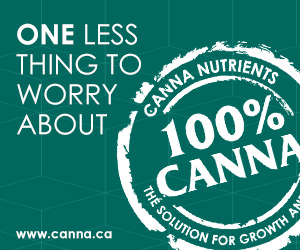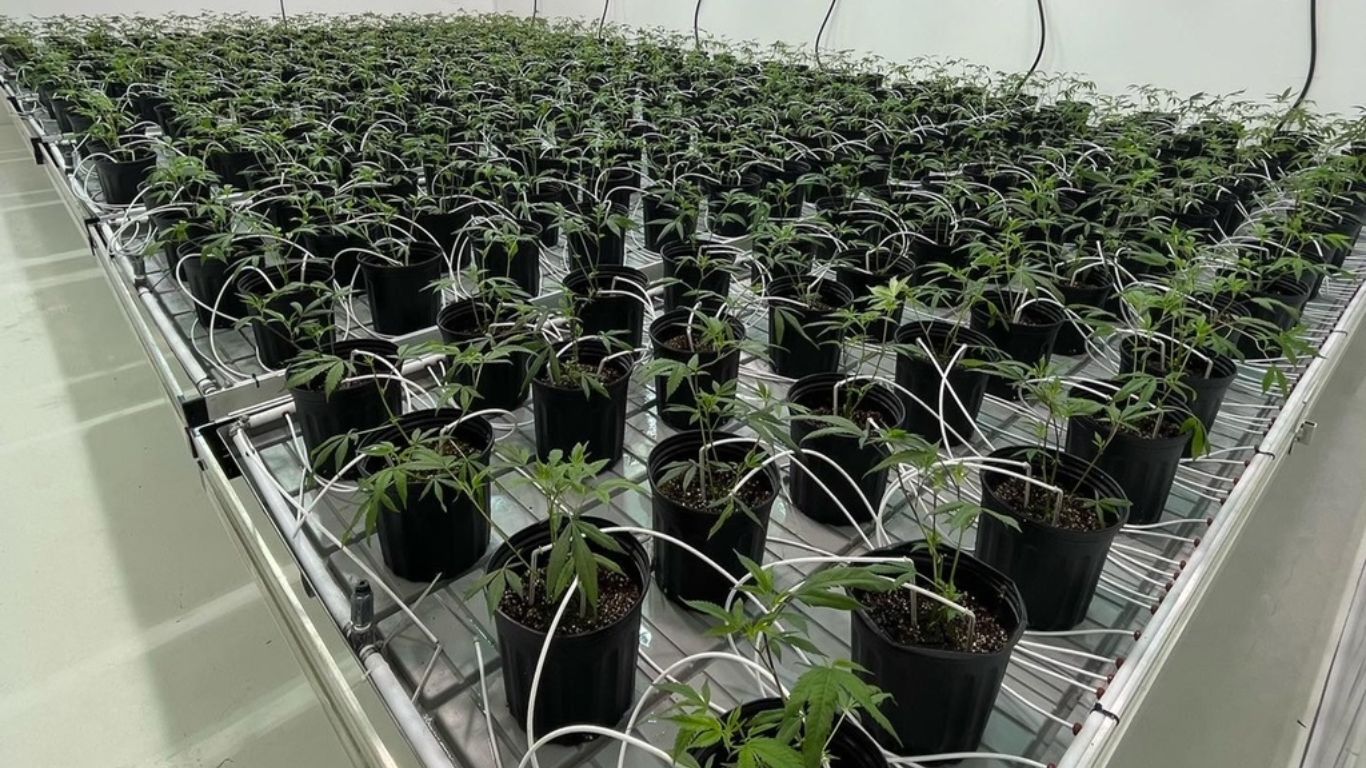
The BC government has brought in more than $157 million dollars from their share of federal cannabis excise taxes since the beginning of legalization, but municipalities are still asking for what they say is their share.
The figures, which span the first day of legalization up until August 2022, do not include additional revenue from provincial taxes or other related industry fees.
BC, like all other provinces and territories, has an agreement with the federal government to take 75 cents from every dollar of the federal government’s cannabis excise tax.
Under the Federal-Provincial-Territorial Agreement on Cannabis Taxation, which was signed prior to legalization, it was mandated that the combined rate of all federal, provincial and territorial cannabis-specific taxes would not exceed either $1 per gram or 10 percent of a producer’s selling price.
This tax revenue was to be shared, with 75 percent going to provincial and territorial governments, and the other 25 percent going to the federal government, with the federal portion of cannabis excise tax revenue to be capped at $100 million a year.
As per the agreement, provinces and territories were expected to work with municipalities to allocate these funds. Most provincial governments, including BC, never made an official commitment to share cannabis taxation revenue with their municipal governments.
Municipalities in BC have been asking the province for years to provide them with a portion of those tax revenues. In 2020, the Union of BC Municipalities (UBCM) said a survey of their membership showed $11.5 million per year in local government incremental costs for the three years following cannabis legalization.
A representative with BC’s Ministry of Finance says they have not provided any of this tax revenue, but are in talks on the subject with the UBCM as part of a long term plan.
“In general, provincial taxes–including PST revenue–flows into the Province’s consolidated revenue fund to provide the programs and services people rely on, such as health care and education,” notes the Ministry representative. “To date, the B.C. government has not provided any excise tax revenue to local governments.
“We’re currently working with the Union of BC Municipalities on a review of local government finance systems in B.C., including signing an MOU in 2022 laying out that we’ll work together over the next few years. Cannabis revenue sharing is one of the items we will be looking at over the longer-term. As the cannabis market continues to mature, we are working cooperatively with UBCM through this process to promote local governments’ financial resiliency.”
Paul Taylor, the director of communications for UBCM affirms that the province remains unwilling to sign such an agreement.
“The province has been non-committal on the question of sharing a portion of federal excise tax with local governments,” explains Taylor. “They have met with UBCM and considered appeals from our membership, but as of yet have not stated a long term approach, adding that “Cannabis tax revenue sharing is part of a much larger ongoing set of discussions with the province on strengthening the finance system for local government.”
In 2019, UBCM developed a survey for local governments to estimate the expected costs to municipalities associated with legalization.
Cities were asked to provide information covering their expectations for the first three years of legalization, which was estimated at more than $15 million due to projected enforcement costs, the cost of the licensing and oversight of retail stores, and costs to public health. No figures are yet available outlining how these projections have borne out.
Meanwhile, the cannabis industry has been calling for a lessening of this tax burden on the industry, arguing that $1 per gram tax rate hamstrings producers who are often only selling cannabis for a few dollars a gram. In 2022, the BC Chamber of Commerce called for major changes to BC cannabis laws, including an elimination of the 20 percent provincial tax on cannabis vape products, and a national excise tax based on a calculation of the percentage of sales rather than price/gram.












